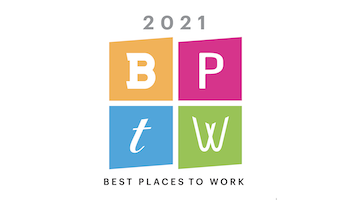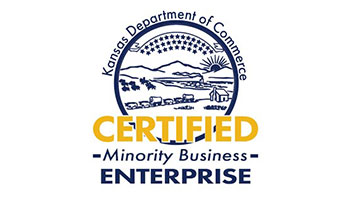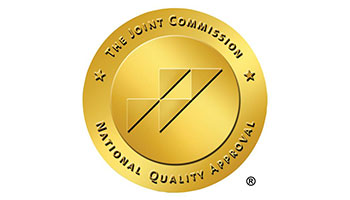Are you looking for a career that combines your love of helping others and discovering new places? Consider becoming a travel nurse! Travel nurses are contracted to hospitals across the country with the help of a medical staffing agency. Assignments usually last a minimum of 13 weeks, giving you plenty of opportunity to explore the world while earning a steady income.
Although there is job competition in some areas of the country, nurses are in demand throughout the United States. The Bureau of Labor Statistics estimates about 175,900 job openings for registered nurse each year and is predicted to grow faster than other occupations.
With so much opportunity, mapping out a career as a travel nurse can be uncharted territory. Below are our tips for getting started – and landing your dream assignment!
Complete your education
The first step of your travel nurse journey is to complete a registered nurse (RN) or a licensed practitioner nurse (LPN) program at an accredited school. An associate degree in nursing (ADN) takes two years to complete, while a Bachelor of Science Degree in Nursing (BSN) can take four. Some hospitals prefer nurses with a BSN over those with an ADN, so consider what kind of program you feel will most benefit your career.
After graduation, you’ll need to pass the National Council Licensure Examination (NCLEX) and become licensed in the states you wish to practice. Each state has its own requirements, although some may be part of a compact agreement. Check to see if your state is part of the Nurse Licensure Compact (NLC) to avoid applying and paying for multiple licenses.
Gain experience
Whether you choose pediatrics, medical surgery, intensive care or a different focus, most hospitals require travel nurses to possess a minimum of one to two years of experience in your preferred specialty. Some hospitals also require additional certifications or continuing education units (CEUs) such as Basic Life Support (BLS) and Advanced Cardiac Life Support (ACLS). Classes for these certifications are available in most major cities and can be easily found on the American Heart Association website. Even if you meet the criteria for a job, it’s always beneficial to earn CEUs: Continuing to grow your skill set will make you a better nurse and a stronger applicant to facilities.
Travel nurses receive about two days of training on a new assignment compared to the three months a ground nurse receives and certifications are an excellent way to build help you feel comfortable and confident in your skills. While there’s no need to know everything, understanding the ins and outs of a life in the medical field is a must.
Contact a travel nurse agency
After you’ve gained some experience, you can begin looking for a medical staffing agency to help navigate your job search. Research as many agencies as you can until you find the best fit. From important details like health benefits and payment schedules to small details like company reviews, carefully consider if an agency understands your values and has your best interests at heart before making a final decision. Your agency will match you with a recruiter who will help you coordinate vital aspects of travel nurse life, including housing, retirement plans, insurance and more.
Connect with your recruiter
Your recruiter will become your lifeline during the job search process and will send you information on the latest job openings, submit your application to hospitals, help negotiate your salary and even assist with scheduling shifts. Tell your recruiter what units you would like to work in and remember that a willingness to work in multiple facilities makes you a stronger candidate. A good recruiter should be easy to contact, keep your preferences in mind and provide honest information about the perks and downsides of an assignment. Getting to know your recruiter can be extremely valuable – especially at the beginning of your journey – and investing a little time can help a recruiter better place you.
Create and complete your profile
Next, it’s time to create your profile, which your recruiter will use to submit you for new assignments. This will include more general personal information like a résumé as well as official documentation, such as licensing information, certifications and immunization records. Some hospitals require additional vaccinations or certificates, so keep all important documents handy and update your recruiter as needed. Apps like Nurse Backpack provide an easy way to organize and send paperwork if you prefer digital documentation.
Choose where you want to go!
A career in travel nursing can be incredibly fulfilling, and it’s a great way to impact lives nationwide. No matter your location or hospital size preference, your recruiter will work with you to find an assignment to get you started. Tools like the Vivian Health app are an excellent resource and can help you better understand the market and compare the positions, salaries and benefits in multiple locations. More experience and openness to other units brings more options, so use each assignment as an opportunity to learn, grow and explore. You’ll be crossing off bucket list locations before you know it!









